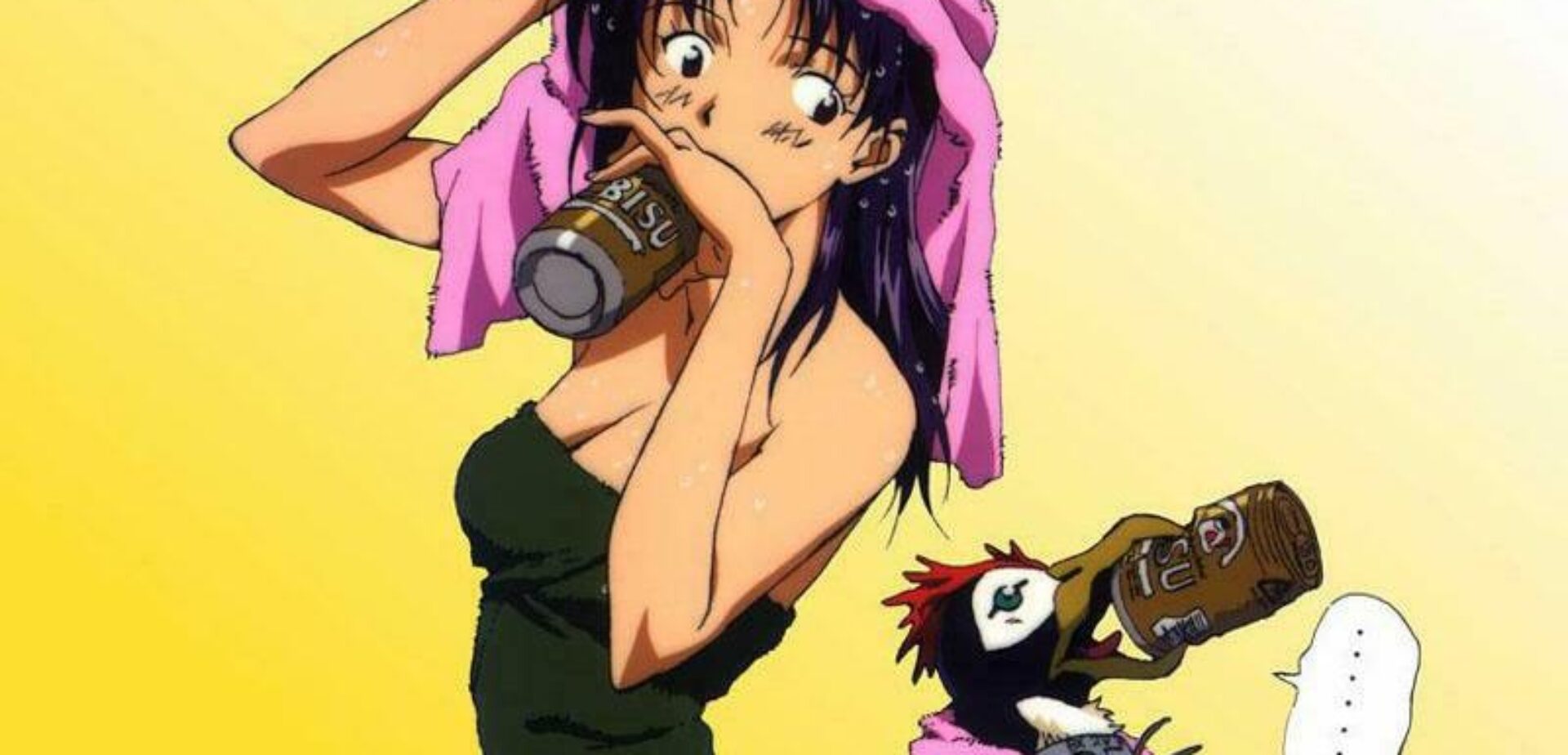On the plane back from LAX, I watched a really neat Japanese movie. It is called ALWAYS , (Always san-chome no yuhi-literally third district sunset in Japanese). The movie was released in 2005, but it has a look and feel of the time period that it is set in, 1958. Even the opening credits are made to look old.
The movie is set in a far different Tokyo than the one I have come to know and love. Thirteen years after the end of the war, the country is finally pulling itself out of its depression and the economic miracle that is to come is just on the horizon. As a sign of its emergence into the modern world, the Tokyo Tower is under construction and hangs over the film as a symbol of pride and hope of things to come. It is a touching film, nothing spectacular as movies go-but one that will warm your heart nonetheless.
The movie tells the story of a few people who live and work in a rundown neighborhood, and their impact on one another’s lives. Mutsuko (Maki Horikita) arrives from the country, awed by the size of Tokyo, and eager to take on her new position working for the president of an automobile company. She’s disappointed when she learns the “automobile company” is a small garage run by the struggling but industrious Suzuki (Shin’ichi Tsutsumi of One Missed Call), and he’s upset when he learns that the auto mechanic he thought he was hiring is actually a bicycle repairwoman. Soon enough, Mutsuko settles in with Suzuki, his wife (Hiroko Yakushimaru of Princess Raccoon), and their impish little boy, Ippei (Kazuki Koshimizu). Across the street, Chagawa (Hidetaka Yoshioka of The Hidden Blade) runs the candy store, but he’s also a frustrated novelist who earns a little money by writing boys’ adventure stories. He has a crush on the local pub owner, Hiromi (Koyuki of The Last Samurai), and she uses that to her advantage when she’s saddled with Junnosuke (Kenta Suga of Godzilla: Final Wars), the abandoned son of an acquaintance. One night, she convinces the drunk, smitten Chagawa to take the boy in, promising to visit occasionally. She does, and soon the unlikely trio begins to resemble a family themselves. Chagawa-san becomes the center of everyone’s actions as he works to win a coveted prize for literature and in the process, keep Junnosuke living with him and win back the love of Hiromi. That story is told in a later sequel, which is just as touching.
The really great thing about the movie is that they blend the set together with real footage of Tokyo in 1958. As a result you get to see Nihon-bashi without an expressway over head-and also with out skyscrapers all around. Tokyo Tower is brand new in the film and suffice it to say the glittering world of Roppongi is still many years into the future.
I tried to find a clip with English subtitles, but trust me the movie comes with them on the DVD. The clip from the second movie below will show you the look of the movie and of “old” Tokyo. It is worth watching.
